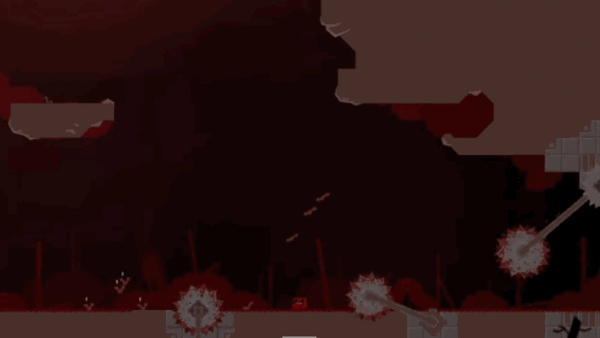Why We're All Idiots For Thinking Video Game Difficulty Matters

Now, obviously it's worth pointing out this was a multifaceted problem indicative of the time, and The Legend of Zelda, Super Mario Bros etc. were created with something closer to artistry in mind. Shigeru Miyamoto's work on these titles is legend BECAUSE it prioritised a creative vision across development, and we wouldn't even have The Legend of Zelda without him visiting a random cave in a forest as a child; being inspired by a notion of sheer exploration.
Still, the role of difficulty in the experience was less than ideal; a product of delivering on a supposed amount of "value" per game, twinned with the fact that the industry's coders were literally learning how to, well, code.
Back to the arcades, and as the general conversations surrounding games were nothing approaching story, but more "How far did you get?" or "What's your high score?", this became the marker of quality. It's this same notion of "gamer mettle" or being a "real gamer" that you can still see being tested by the likes of Super Meat Boy, God of War's Valkyrie fights or Sekiro's literally everything.

All of this though, from a corporately-minded mentality, designed to take advantage of players in a way that leaves them out of money, and the game forever un-conquerable. Sekiro's difficulty is described as "old school" for a reason, and hopefully this gets you thinking as to the role of difficulty in gaming over the years, alongside when and where it does or doesn't belong today.
Whilst it sucked when all you got after hours of learning all of Mario was Peach being "in another castle", what developed alongside these fairly ugly business practices was the psychological pleasure of adapting to - and overcoming - the challenge at hand. Battles of mental fortitude, reflexes or hand-eye coordination is now at the heart of eSports, but this too was present in the era of the arcade leaderboard.
Fundamentally, if you put the time in, trained your brain and body to respond to every possible permutation of a game's animation, you'd get a higher score, and in a contextual dominance hierarchy centred around playing video games, that was massively important.
It's here, where the two schools of thought I'm describing collide. We can concretely say that video game difficulty was manufactured to make money, but how much worth do we then put on the competitive and rewarding aspects that resulted as an after-effect?
Why and how do we value difficulty, if it is designed to disappoint and set you back?
Cont.